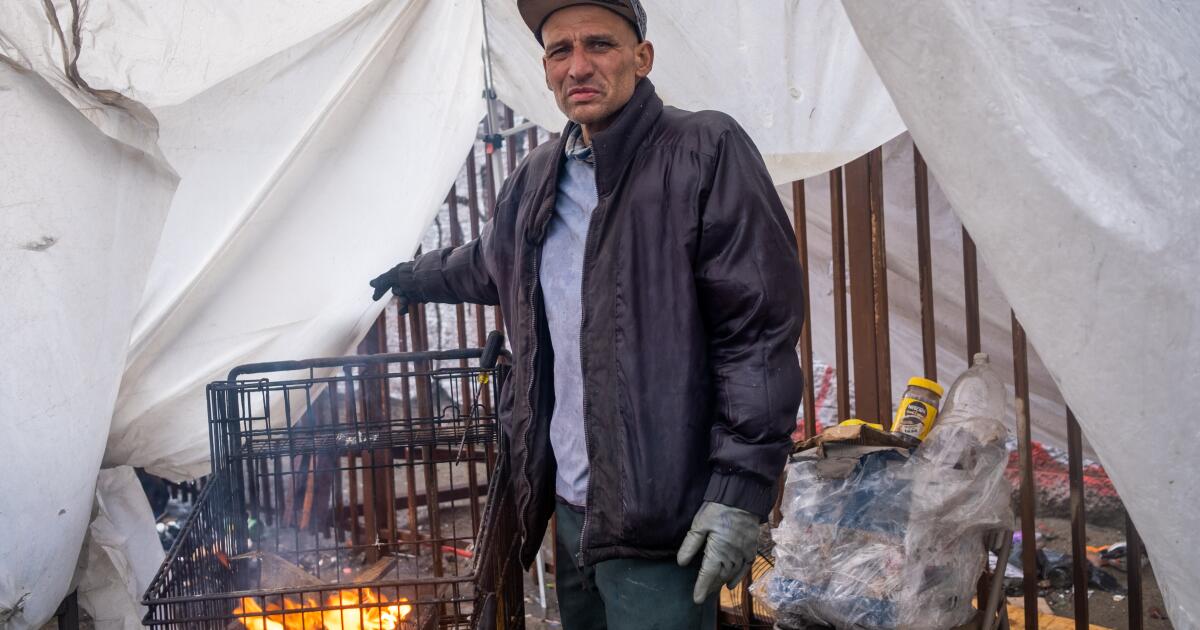If 100 homeless people were given $750 per month for a year, no questions asked, what would they spend it on?
That question was at the core of a controlled study conducted by a San Francisco-based nonprofit and the USC Suzanne Dworak-Peck School of Social Work.
The results were so promising that the researchers decided to publish results after only six months. The answer: food, 36.6%; housing, 19.5%; transportation, 12.7%; clothing, 11.5%; and healthcare, 6.2%, leaving only 13.6% uncategorized.
Those who got the stipend were less likely to be unsheltered after six months and able to meet more of their basic needs than a control group that got no money, and half as likely as the control group to have an episode of being unsheltered.



ubi is unfortunately not really feasible from an economical standpoint, unless the amount is really low; then it can probably be funded by taxes, even within the current system…
but tbh I don’t think it’s worth it…
i think focus should be put on making work/the job market more fair and inclusive to everyone instead.
In the future, it could be implemented by taxing robots. But even then, there is no guarantee that a future with UBI is as rosy as it is made to be.